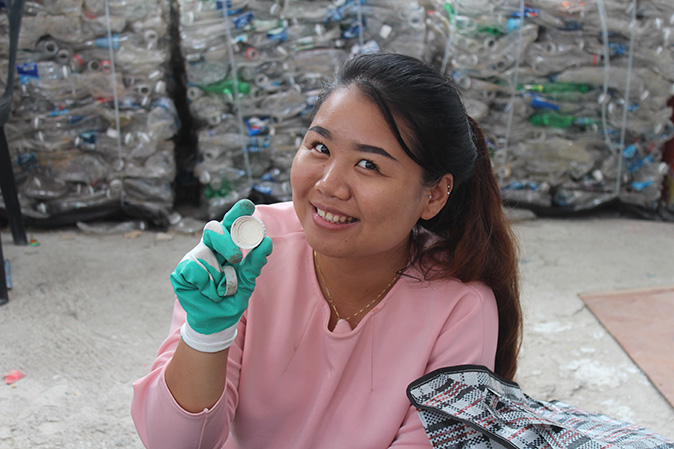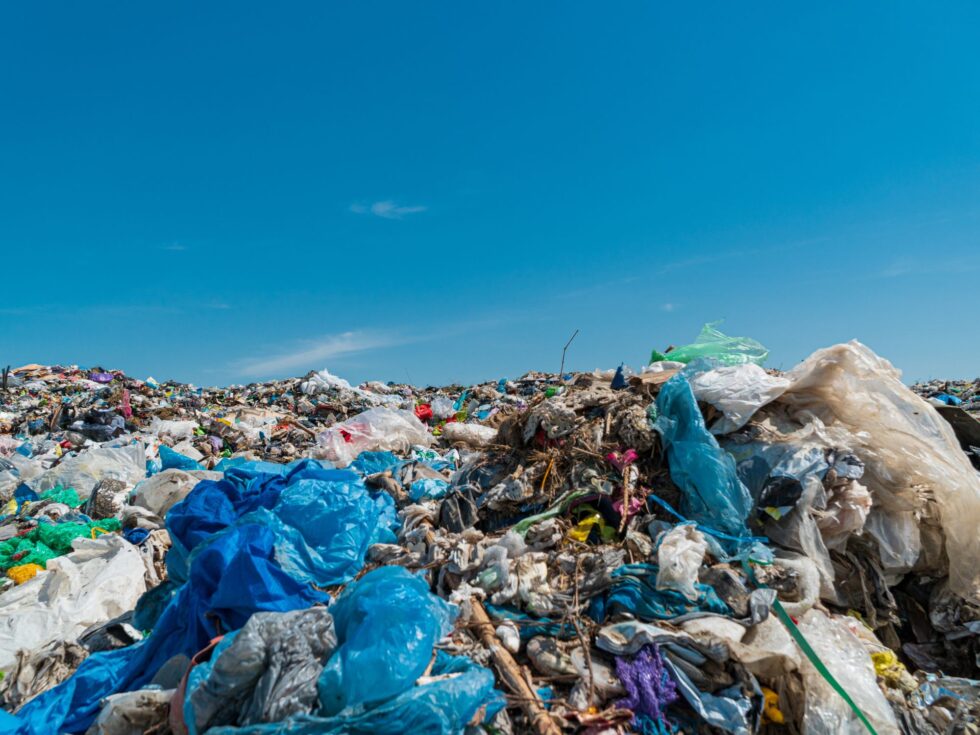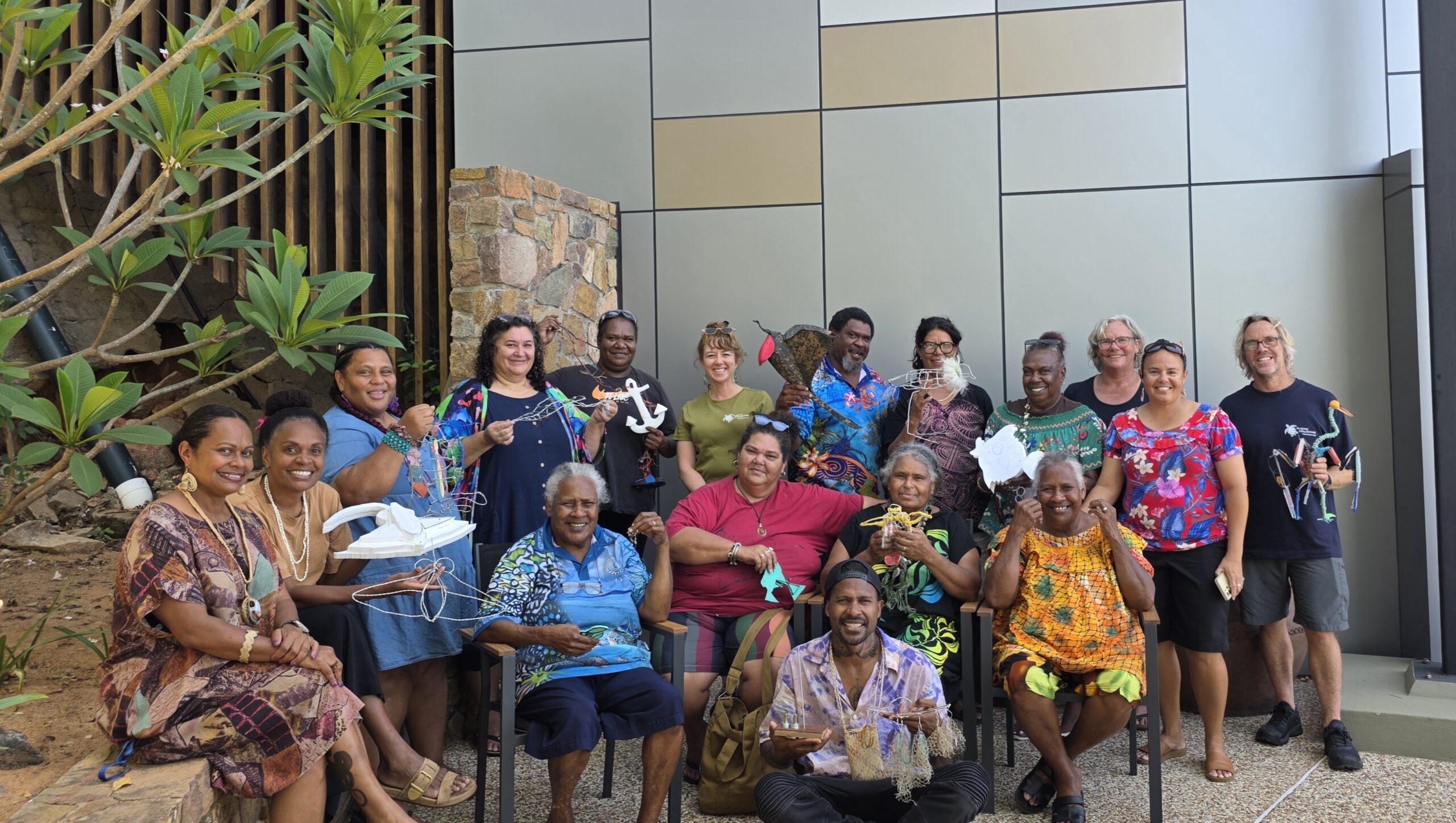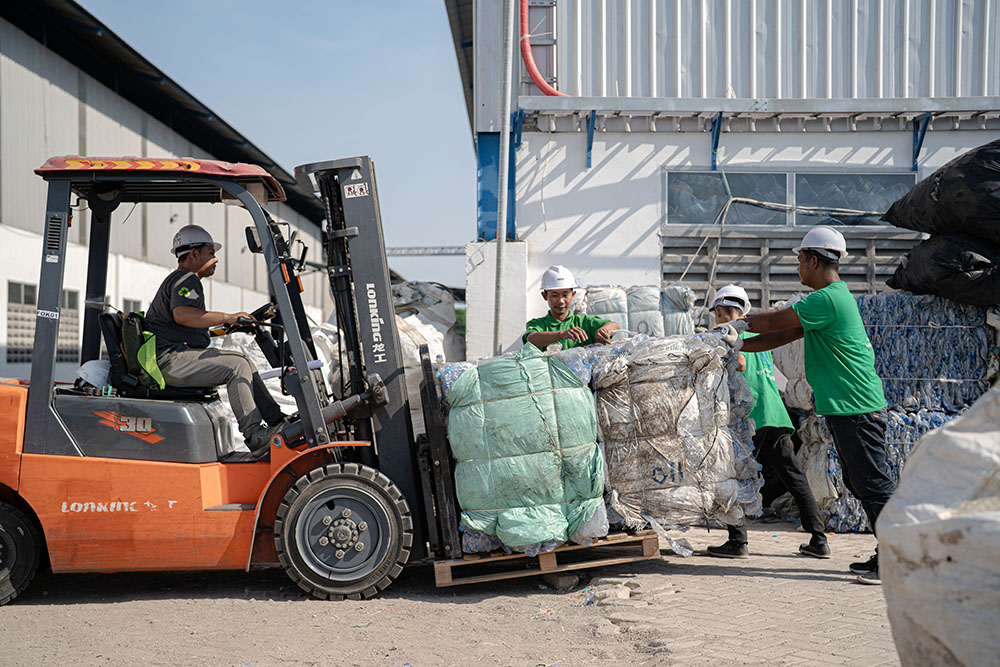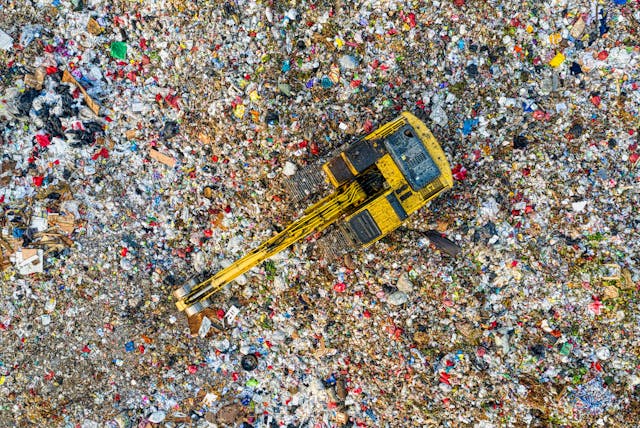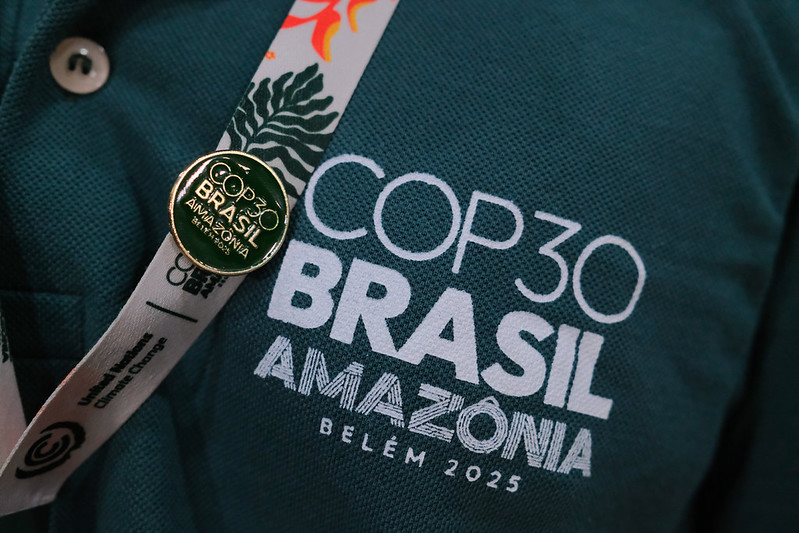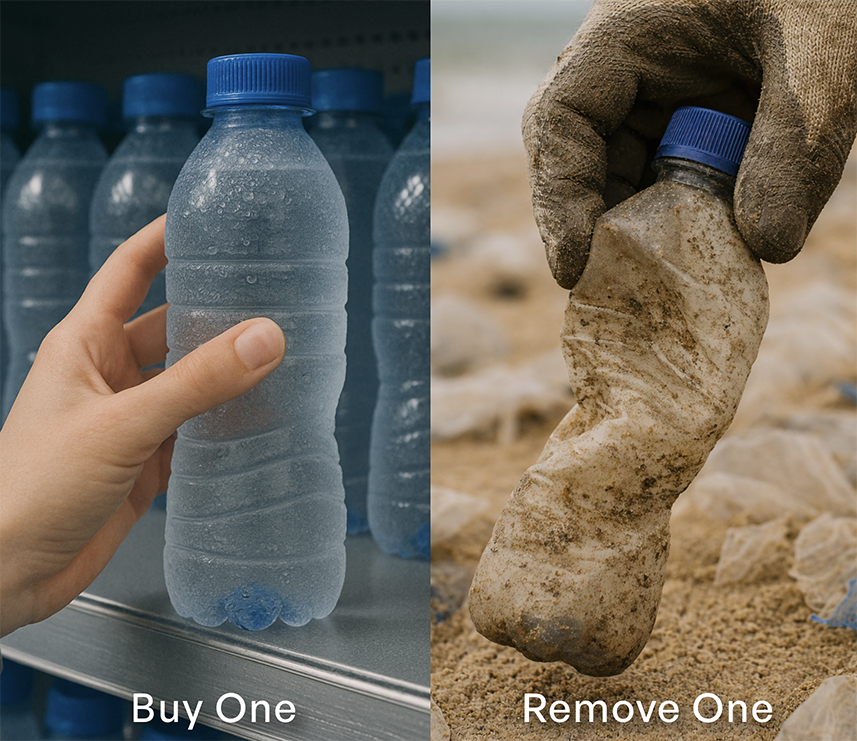A Growing Global Threat
Plastic pollution is one of the most pressing environmental crises of our time. Each year, over 400 million tons of plastic are produced, with 14 million tons ending up in our oceans annually, according to the estimates of International Union for Conservation of Nature (IUCN). This pollution devastates ecosystems, marine life, clogs waterways, and affects human communities, particularly in Asia and other low-income regions with limited waste management infrastructure. Shockingly, only 9% of the amount of plastic ever produced has been recycled.
We will explore the countries most affected by plastic pollution, the systemic issues fueling the crisis, and solutions making an impact.
India: A Population Burdened by Plastic
India, the second-most populous country, generates 9.3 million tons of plastic waste annually. Its informal waste management system struggles to keep pace with urbanisation, leaving much of the plastic waste uncollected or improperly disposed of.
India faces a significant challenge with plastic waste generation. Landfills overflow, and the Ganges River is a notorious hotspot for ocean plastic pollution, carrying an estimated 6% of the world’s ocean plastic. Efforts like bans on single-use plastics highlight progress, but enforcement remains inconsistent. However, economic disparities hinder widespread adoption of non-plastic alternatives, making the journey toward a plastic-free India a continuing challenge.
Africa’s Plastic Hotspot
In Nigeria, rapid urbanisation and economic growth have increased plastic consumption. The country generates 2.5 million tons of plastic waste annually, with only 12% recycled. Open dumping and burning of plastics contribute to severe environmental and health issues, such as air pollution, contamination of water supplies, and the presence of harmful microplastics in local ecosystems. Ghana’s plastic pollution problem is exacerbated by rapid urban growth and inadequate waste management infrastructure. However, community-driven solutions are paving the way for change.
In Ghana, Plastic Collective has partnered with the ASASE Foundation to empower local communities to tackle plastic waste. By providing training, resources, and support, this initiative fosters innovative solutions to collect, process, and recycle plastic waste. These efforts reduce the amount of plastic entering the environment and provide economic opportunities for local residents. Businesses that partner with Plastic Collective can contribute directly to this project, aligning with their environmental, social, and governance (ESG) goals while addressing pressing sustainability challenges.
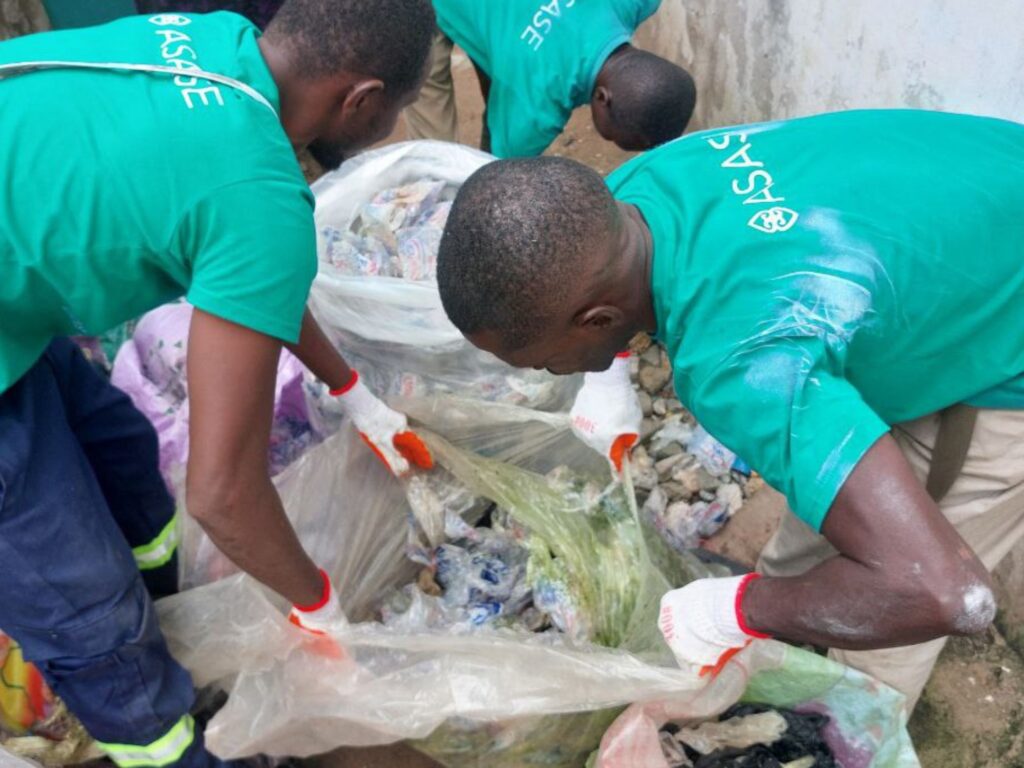
Indonesia: An Ocean Under Siege
Indonesia, home to over 17,000 islands, ranks among the world’s top marine plastic polluters. Mismanaged waste and inadequate infrastructure lead to 620,000 tons of plastic leaking into its oceans annually. Rivers like the Citarum, one of the world’s most polluted, exacerbate the issue. The prevalence of single-use plastics such as the widespread use of plastic bags and minimal waste management facilities for plastic waste contribute to Indonesia’s ocean plastic crisis.
Did you Know? In Jakarta approximately 10 billion plastic bags were discarded into the environment annually, equating to 85,000 tonnes of plastic bags.
Java, Indonesia’s most populous island, is a focal point of the country’s plastic crisis.
This densely populated region generates massive amounts of plastic waste, much of which ends up in rivers like the Citarum. Poor waste management infrastructure and over-reliance on plastic products amplify the crisis. Microplastics have infiltrated water supplies, impacting both human health and local ecosystems.
Plastic Collective is tackling this issue head-on with its project in Java, Indonesia. By partnering with local organisations like SEArcular by GreenCore, we empower communities with tools and training to tackle mismanaged plastic waste. This initiative supports the collection and recycling of plastic, reducing the amount of plastic trash entering oceans while creating stable job opportunities for locals.
Interested in supporting the plastic crisis while elevating your brand? Businesses can support this project through our plastic offset programs, directly contributing to the fight against plastic pollution.
Contact Us or make an enquiry today to get started.
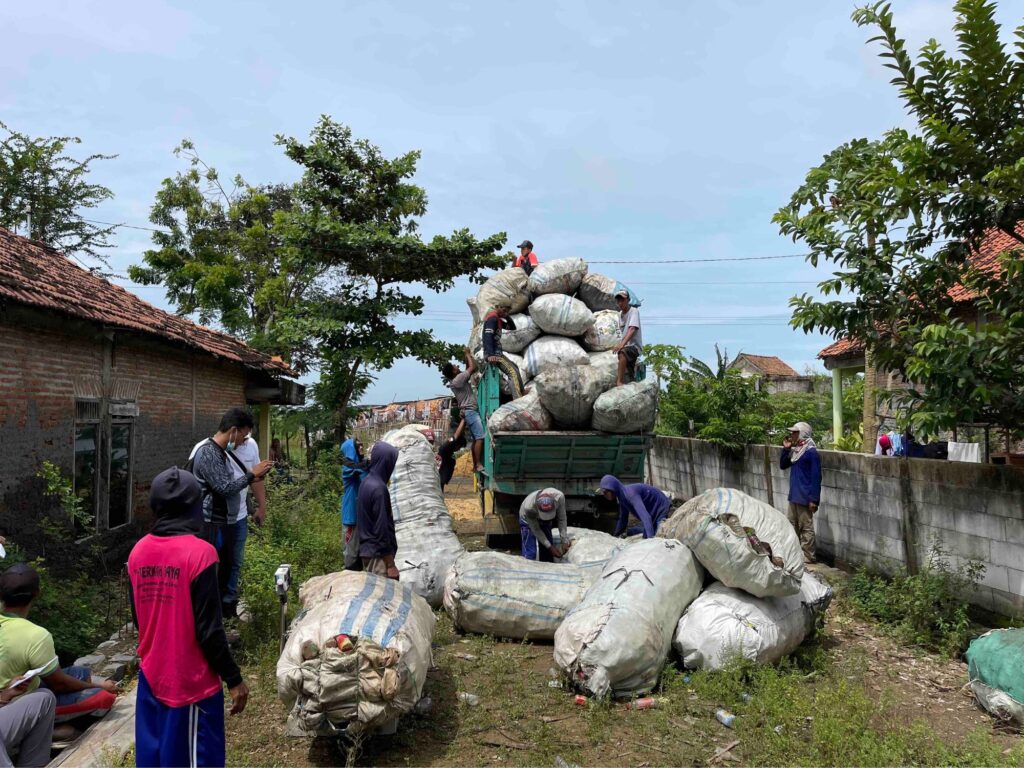
China: Leading Plastic Producer and Polluter
China’s status as the world’s largest contributor to plastic production correlates with high levels of plastic pollution. A significant portion of its 60 million tons of annual plastic production enters waterways. Although China banned the import of plastic waste in 2018, it remains a major contributor to global pollution due to domestic consumption and weak recycling systems. The Yangtze River alone accounts for a significant share of ocean plastic exports, underscoring the scale of the issue.
Not only does China produce immense quantities of plastics each year, but it also consumes at least one-fifth of the world’s plastics and up until recently, it was also the largest importer of plastic, acting as the dumping ground for nearly 600,000 metric tons of trash from foreign nations each year.
Pakistan : Mismanaged Waste Systems
Pakistan, ranked as the fifth-largest producer of plastic waste, generates around 2.6 million tons of plastic annually due to inefficient plastic waste management. Tonnes of plastic waste is often dumped into overflowing landfills or burned, releasing harmful emissions from incineration into the atmosphere.The nation also imports up to 80,000 metric tons of plastic hazardous waste each year. A staggering 65% of plastic found on Pakistan’s beaches is from bottles, caps, and packaging. While some provinces have banned single-use plastics, the lack of a national policy means the country’s plastic waste crisis persists. The plastic industry’s role in this crisis cannot be ignored, as the demand for single-use plastics continues to grow.
Addressing the Plastic Crisis
Systemic Solutions Are Key
The global plastic crisis requires systemic change, from improving waste management infrastructure to reducing the production of single-use plastics. Governments must enforce stricter regulations, while corporations should adopt sustainable business practices, including using biodegradable materials and embracing circular economy principles.
How Plastic Collective Is Making a Difference
Plastic Collective is at the forefront of tackling the plastic crisis by implementing localised solutions in the most affected regions. From Java to Ghana, these projects empower communities, reduce ocean plastic, and foster economic resilience. By leveraging plastic credits, businesses can offset their plastic footprints and make measurable contributions to sustainability efforts. With your support, Plastic Collective can expand its efforts to empower emerging and developing countries that have the most plastic waste, helping them tackle the global plastic crisis through sustainable solutions and innovative recycling initiatives. Learn more about our global initiatives here.
How Can You Help?
At Plastic Collective, we’re dedicated to supporting businesses that want to take tangible steps toward a plastic-free future.
Ready to offset your brand’s plastic production ? Partner with Plastic Collective today and join a global movement of businesses committed to creating a plastic-free future. Together, we can make a lasting impact on the environment and inspire others to follow in our footsteps.
Plastic pollution knows no borders, and its impact on ecosystems and communities is undeniable. Highlighting the most polluted countries reveals the urgency of tackling this crisis at both local and global levels. With collective action, innovation, and commitment, we can turn the tide on plastic pollution and create a cleaner, healthier planet for future generations. Make an enquiry, the time for action is now.
